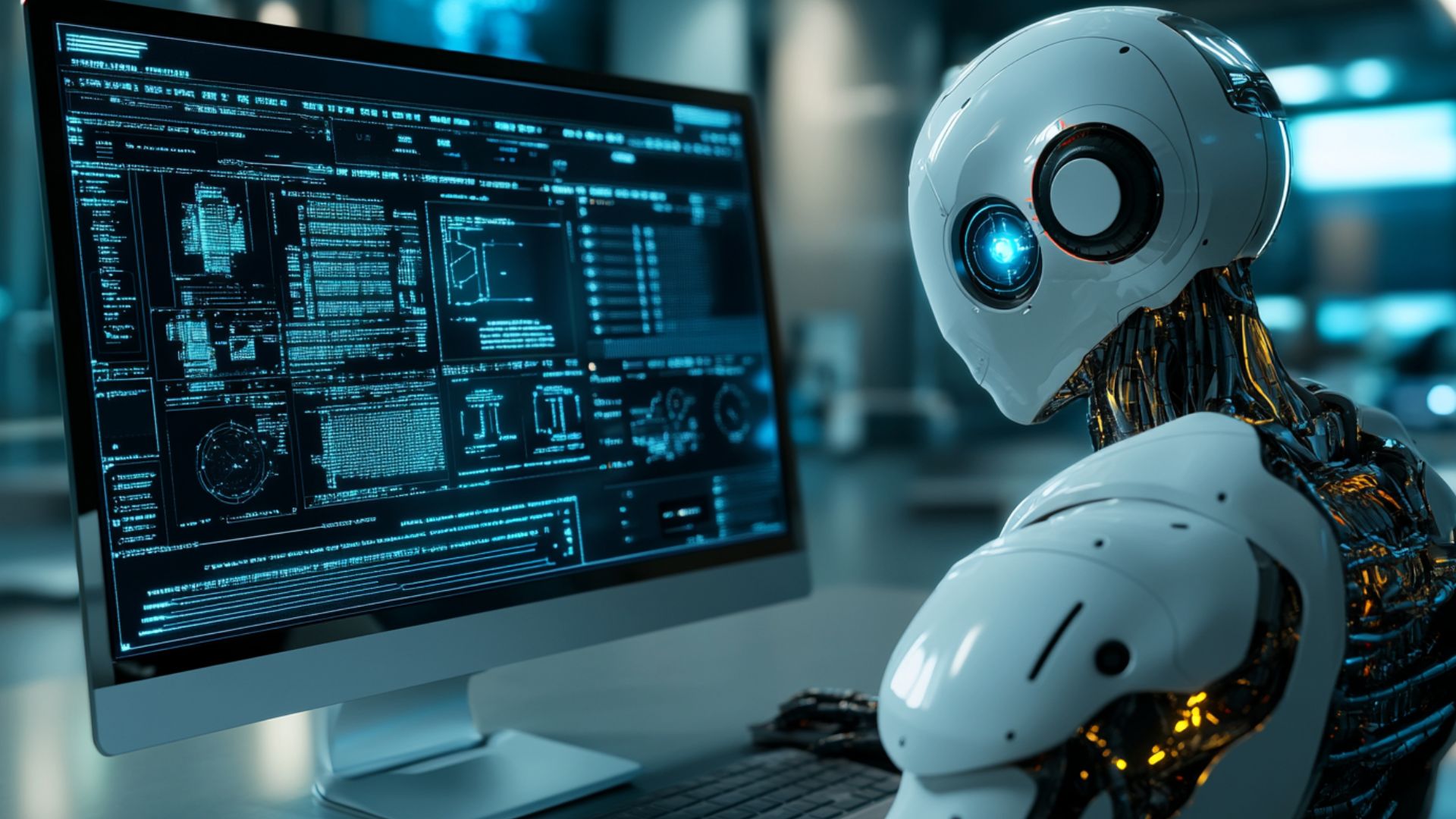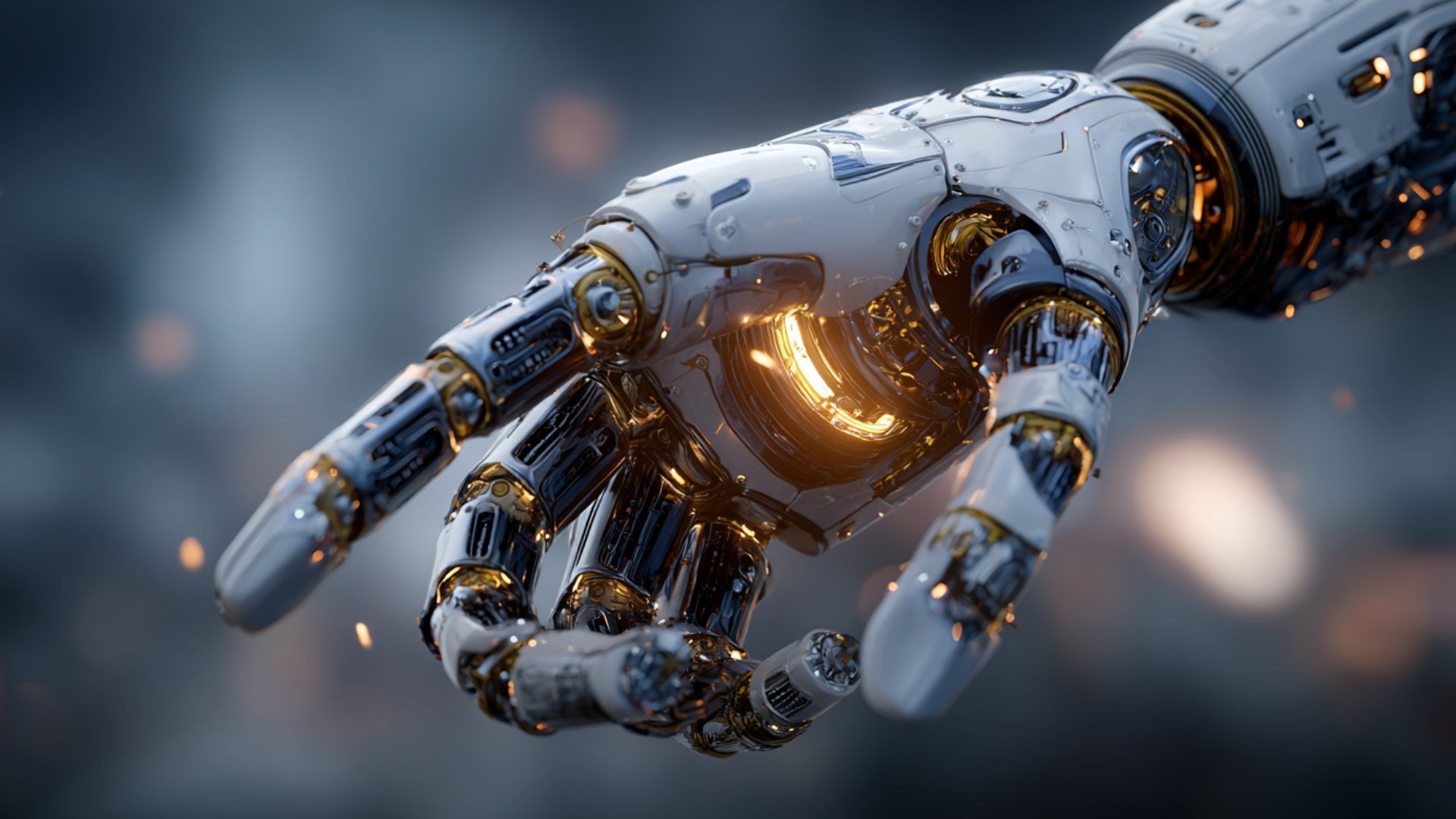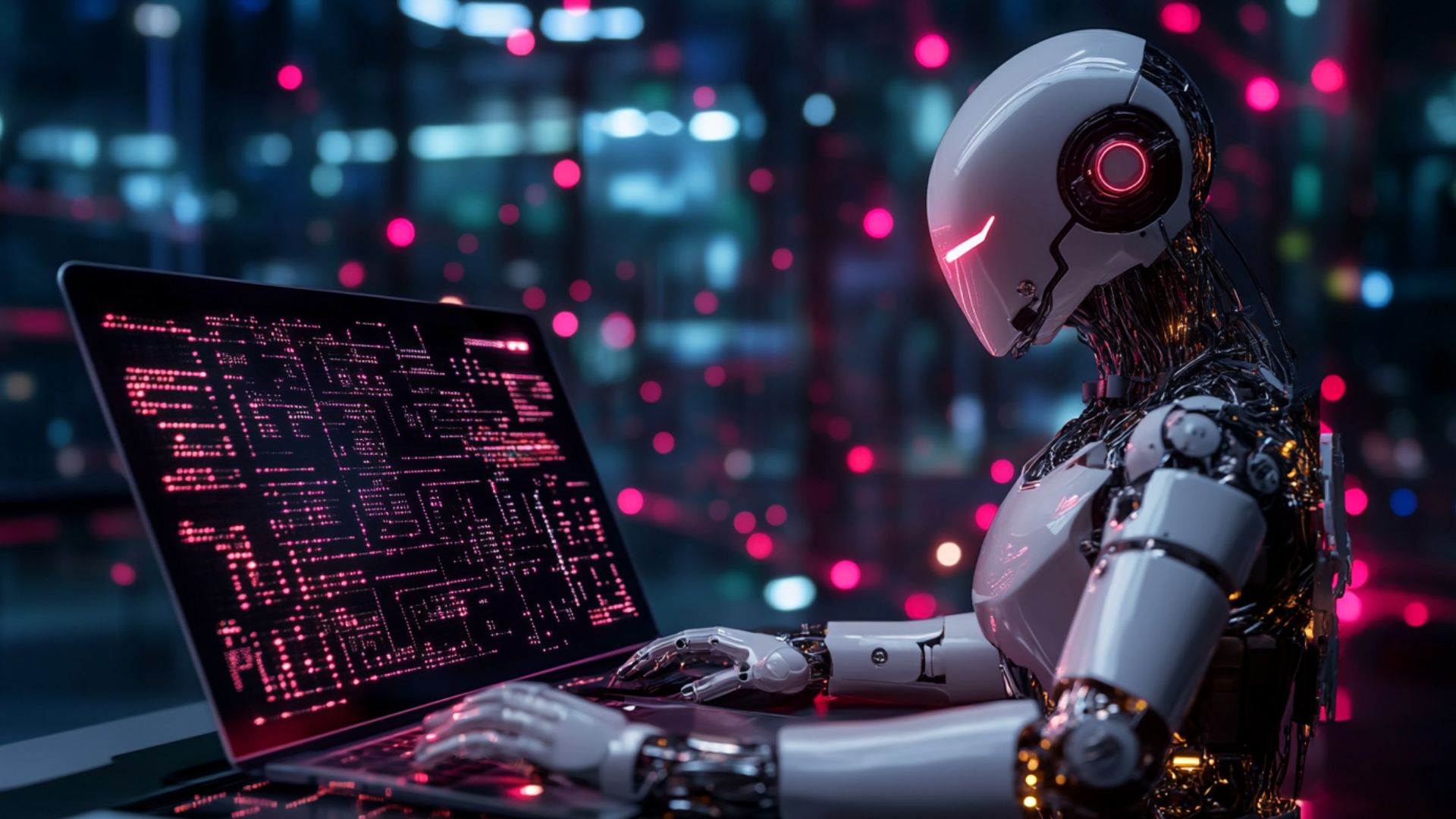Revolutionizing Productivity: How AI Schedule Makers Enhance Task Management

Robotic time management assistants aren’t just tools. They’re your right-hand, working 24/7. They ensure you never miss a meeting or overschedule your calendar. They’re designed to understand your time-management preferences. Virtual aids intelligently manage conflicts and adapt to your unique needs. In our era, optimization is key. The value of having a reliable planning agent cannot be overstated. This is where artificial intelligence (AI) comes in. It saved us from a lot of hassle. AI scheduling assistants automatically adjust to changes. It provides smart, data-driven recommendations.
Traditional scheduling methods can be time-consuming and static. They rely heavily on personal judgment. In contrast, AI-powered solutions take a more dynamic, automated approach. They are learning from user patterns and offering solutions. Such methods promote better time management and work-life balance.
The potential impact of these technologies on task management is immense. AI continues to evolve rapidly. It promises even greater efficiency, transforming daily routines. AI sets new standards for task management. Let's explore the key aspects of AI scheduling assistants.
Understanding AI Scheduling Technology
AI agents integrate with calendars, email systems, and task management platforms. They create a seamless scheduling experience. These tools use machine learning (ML) algorithms. They understand user preferences, patterns, and workflows over time. The system analyzes important factors like meeting times, locations, and duration. AI agents can predict optimal scheduling times and suggest the best available slots. For example, a user consistently schedules meetings in the mornings. The AI calendar scheduler will recognize this pattern and suggest those times. They are the preferred time for future appointments.
These systems also gather and process large amounts of data from various sources. It includes calendars, emails, and external apps. Such systems dynamically adjust and recommend actions. AI-powered tools can automatically reschedule meetings based on conflicts. They prioritize urgent tasks and even consider factors. These are travel time and attendee availability when proposing optimal times for appointments.
At the core of AI scheduler assistants is ML. It allows these tools to continuously learn from user interactions. The more a user engages with the assistant, the more accurate and tailored its suggestions become. For example, a user adjusts their calendar to avoid long breaks between meetings. The AI learns to suggest tighter schedules in the future.
Data analysis helps AI aids recognize patterns in scheduling behavior. These include preferred meeting durations, recurring tasks, and overall productivity trends. The system can analyze external factors. They are time zones and project deadlines to make real-time adjustments. Over time, AI can proactively suggest time-saving changes. They are based on a user’s habits and needs.
There are numerous benefits to using AI for scheduling tasks and appointments. Here they are:
- Increased Efficiency: AI-powered scheduling automates repetitive tasks, such as finding meeting times and rearranging appointments, saving users significant time.
- Better Time Management: AI can prioritize tasks based on urgency and importance. They ensure high-priority work is completed on time.
- Error Reduction: With intelligent conflict detection and proactive suggestions, AI reduces scheduling mistakes. They are double-booked appointments or missed meetings.
- Enhanced Flexibility: AI can quickly adapt to changes in schedules. They offer real-time updates and solutions.
- Personalization: Over time, AI scheduler assistants learn individual preferences. They make the scheduling process more intuitive and customized to specific work habits.
AI scheduling brings a new level of intelligence and automation to managing time. This makes it an invaluable tool for individuals and businesses. It helps them to optimize their productivity and streamline their workflows.
Key Features of AI Schedule Makers
Robotic schedule makers offer a variety of features. They significantly enhance productivity and streamline task management. Some of the key features include:
- Automatic Scheduling: The AI assistant automatically analyzes a user's calendar, preferences. It also examines availability to schedule meetings and tasks without manual input.
- Smart Reminders: These tools send timely reminders so you never miss events, deadlines, or tasks and reduce the risk of missed appointments.
- Integration with Other Tools: AI scheduling aids integrate with popular productivity tools. They are Google Calendar, Microsoft Outlook, or project management apps. Such tools ensure seamless syncing across platforms.
- Real-time Adjustments: AI schedule makers can adjust them in real-time when there are changes. They are cancellations or delays, minimizing disruptions.
These features help users stay organized, reduce scheduling conflicts. They manage time more effectively. AI automates repetitive tasks and synchronizing schedules across multiple platforms. AI scheduling assistants free up time. It allows users to focus on higher-priority activities and boosting overall productivity.
Popular AI Scheduling Tools
Several robotic schedulers are transforming how individuals and businesses manage their time. Popular tools are Calendly, x.ai, and Google Calendar’s AI features. They stand out for their innovative functionalities:
- Calendly: This AI scheduler allows users to share availability and automatically schedule meetings eliminating the need for back-and-forth emails. It integrates seamlessly with Google Calendar, Outlook, and more. Calendly offers customization options to match user preferences.
- x.ai: This tool is famous for its virtual assistant. x.ai uses AI scheduling to help users set up meetings through natural language. By simply communicating via email or chat, users can delegate scheduling tasks to the AI. It finds the optimal time based on availability.
- Google Calendar’s AI features: Such a tool has incorporated smart scheduling features. They are automatically suggesting times for events based on a user's schedule. Its AI can even detect free slots and propose the best time for meetings.
- TimeTrade: This tool offers an AI-powered scheduling platform. It is designed for businesses to automate appointment booking. The platform uses AI to suggest optimal meeting times. TimeTrade also manages multiple schedules and integrates with various calendar systems. It is particularly beneficial for customer-facing industries. They are retail and healthcare. Such a tool allows businesses to offer self-service scheduling to clients. They maximize staff efficiency.
Calendly and x.ai offer more dedicated automatic schedulers. Google Calendar excels in integration with Google Workspace. Each tool contributes uniquely to streamlining scheduling. It offers customizable solutions to improve productivity.
Enhancing Task Management with AI

Virtual scheduling tools are revolutionizing task management for individuals and teams. They automate and optimize the scheduling process. These tools use ML algorithms to improve the way time is managed. This results in increased productivity and efficiency.
For individuals, AI schedulers offer several key benefits:
- Automatic Task Scheduling: These tools automatically schedule meetings, tasks, and reminders. They eliminate the need for manual input and coordination.
- Personalized Suggestions: Robotic schedulers learn a user’s preferences. They suggest the best time for tasks or meetings based on past behavior. They ensure that scheduling aligns with individual work habits.
- Time Management Efficiency: Handling scheduling automatically is useful. Users save time spent on administrative tasks. It allows more focus on high-priority activities.
For teams, the benefits of virtual schedulers are even more significant. Here they are:
- Multi-user Coordination: AI scheduling assistants can manage schedules for multiple team members. They make it easy to find available time slots for group meetings across time zones.
- Seamless Integration: These tools integrate with project management systems. They sync tasks and deadlines. AI schedulers ensure the team remains aligned and on track.
- Real-time Adjustments: A meeting may be canceled or rescheduled. Robotic schedulers can quickly adjust the team’s schedule. They will reflect these changes, reducing scheduling conflicts.
AI schedulers automate routine administrative tasks. They enhance workflows. Such schedulers also reduce human error, and streamline communication. It allows individuals and teams to focus on more critical work. AI agents ultimately improve overall productivity.
Case Studies of Successful Implementation
Many individuals have successfully integrated AI tools into their daily routines. They lead to significant productivity improvements. For example:
- Salesforce: This company adopts a AI scheduler. It improves the efficiency of the client service team. The AI scheduler is integrated with team calendars. It optimizes meeting times and reduces scheduling conflicts. As a result, the team saw a 30% decrease in time spent on administrative tasks. Their 25% increase in client response speed.
- Marketers at HubSpot: They implement an automatic scheduler. It manages team calendars and client appointments. The tool reduced the back-and-forth communication required to schedule meetings. This led to a 20% reduction in scheduling time. AI allows employees to focus more on marketing strategies. They result in a 15% increase in campaign success rates.
- Freelancers: Individuals using tools like Calendly have reported saving up to 10 hours per week. They redirect toward client work or personal development. It leads to a 40% increase in overall productivity.
- Zoom Video Communications: They implement AI-driven scheduling tools. These streamline meeting coordination for their global teams. By integrating AI with their calendar systems, Zoom employees set up meetings. They do it across time zones automatically. Zoom reduces manual scheduling and the risk of overlapping meetings. Post-implementation, Zoom reported a 25% reduction in scheduling-related time wasted.
These examples highlight how virtual schedulers streamline administrative tasks. They also improve workflow efficiency. It allows individuals and businesses to maximize productivity.
Overcoming Common Scheduling Challenges
Scheduling can be fraught with challenges. They are double bookings, time zone discrepancies, and inefficient time allocation. Scheduler aids powered by AI help resolve these issues and enhance productivity. How do AI tools address common scheduling problems? Let's explore:
- Double Bookings: Auto schedulers automatically check for conflicts before scheduling. It prevents the issue of double bookings. They cross-reference all relevant calendars and alert users when an overlap occurs. AI schedulers ensure smoother scheduling.
- Time Zone Issues: Teams or clients may be in different time zones. AI tools automatically adjust for such differences. They ensure meetings are scheduled at appropriate times for all participants. This reduces confusion and ensures global coordination.
- Inefficient Time Allocation: Scheduler assistants optimize timetable. They suggest the best time slots. These agents are based on user preferences and energy levels. The system schedules tasks and meetings during your most productive hours.
User feedback indicates high satisfaction with these tools. Many report saving time on administrative tasks and experiencing fewer scheduling conflicts. AI tools continue to improve. Users note greater ease in managing busy calendars. They ultimately lead to a more organized and productive workflow.
The Future of AI in Task Management

The future of AI in task management looks incredibly promising. Rapid advancements will redefine how we organize our time and responsibilities. AI-powered scheduling tools are the AI calendar scheduler. They are already beginning to outperform traditional methods. Such schedulers offer smart solutions. They anticipate user needs, automate routine tasks, and enhance productivity. In the coming years, these tools will become even more intuitive and integrated. They will offer a suite of features. Such options will drastically improve personal and professional task management.
There are key predictions for the evolution of robot assistants. They include:
- Voice Integration: This feature will allow users to interact with their schedules hands-free. They will make task management even more convenient.
- Predictive Scheduling: AI will analyze past behavior to predict future tasks. They suggest optimal times for new activities or meetings based on prior patterns.
- Cross-Platform Synchronization: Task management tools will synchronize across multiple devices and platforms. They ensure consistency in scheduling and to-do lists regardless of where the user is.
- Contextual Understanding: The best AI scheduler will understand the context of tasks. They include personal preferences, energy levels, and work-life balance, to prioritize effectively.
- Collaborative Scheduling: AI tools will enhance collaboration. They automatically sync schedules among teams. They will find optimal meeting times, and even suggest action items. They are based on project progress.
- Dynamic Task Prioritization: Work priorities change in real-time. The AI scheduler will adapt, re-prioritizing tasks. It will suggest adjustments to timelines and deadlines.
AI continues to learn from user interactions. It will further streamline task management, creating highly personalized and efficient scheduling experiences. They will anticipate needs before they arise.
Conclusion: Embracing AI for Better Productivity
AI scheduler assistants are revolutionizing task management. They offer predictive, context-aware, and personalized solutions. These technologies evolve. They will further enhance productivity by automating routine tasks. These tools improve efficiency and foster better collaboration. Embracing these technologies is key to staying organized and efficient. It is essential in individual and professional settings. For anyone looking to optimize their workflows, it's time to explore the benefits of AI scheduler assistants. Explore the Newo.ai blog today to boost your productivity!


